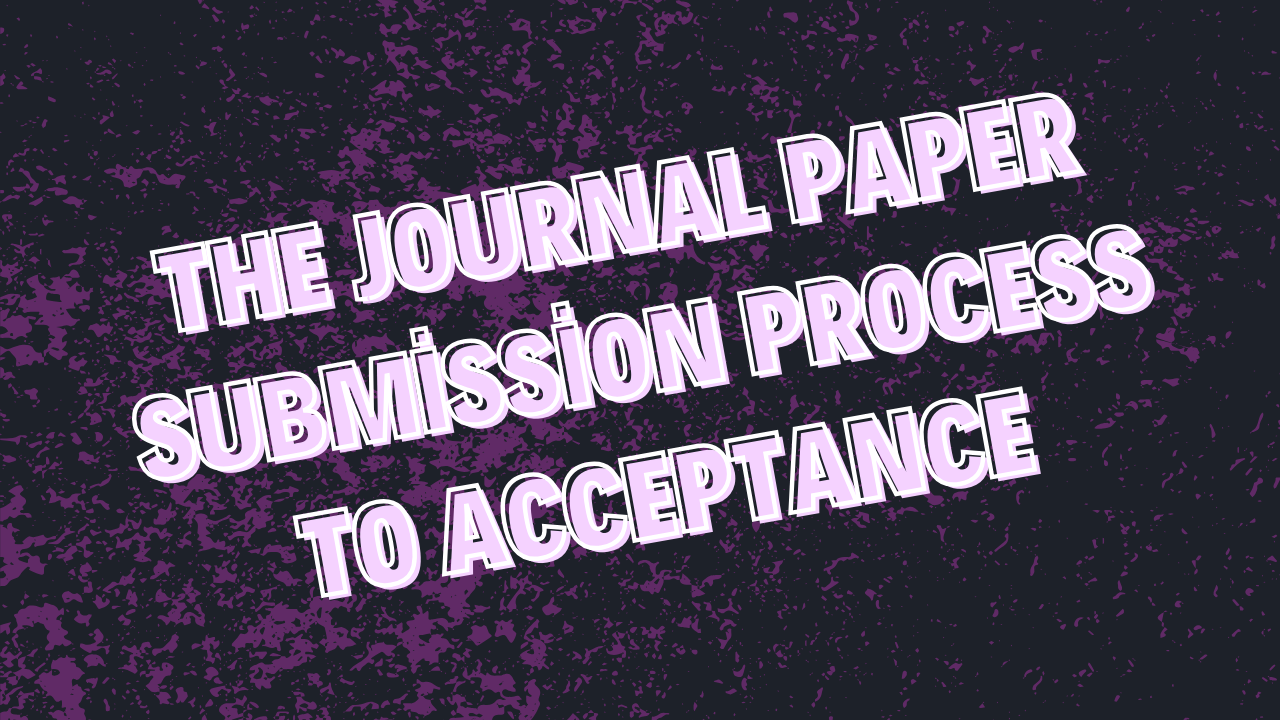The Journal Paper Submission Process to Acceptance: A Comprehensive Guide
Kenfra Research - Shallo2025-02-20T16:56:44+05:30Publishing a research paper in a reputed journal is a significant milestone for researchers and scholars. However, the Journal Paper Submission Process from submission to acceptance is often complex and time-consuming. Understanding the Journal Paper Submission Process helps authors navigate it effectively, reducing delays and improving their chances of acceptance. This detailed guide covers each stage, from manuscript preparation to final acceptance.

1. Preparing the Manuscript
Before submitting a paper to a journal, it is crucial to ensure that it meets the journal’s guidelines. The key steps involved in manuscript preparation include:
Selecting the Right Journal
Choosing an appropriate journal is crucial for successful publication. Factors to consider include:
- Scope and Relevance: Ensure the journal aligns with your research field.
- Impact Factor: A higher impact factor often indicates greater visibility.
- Indexing: Journals indexed in Scopus, Web of Science, and SCI are more prestigious.
- Open Access vs. Subscription-Based: Open-access journals provide greater visibility but may require publication fees.
Formatting and Structuring
Each journal has specific formatting requirements. Most journals require the following sections:
- Title Page: Includes title, author details, and affiliations.
- Abstract: A concise summary (150–250 words) highlighting key findings.
- Keywords: Typically 3–7 keywords for indexing purposes.
- Introduction: Background, problem statement, and objectives.
- Methodology: Details of experiments, materials, and procedures.
- Results and Discussion: Presentation and interpretation of findings.
- Conclusion: Summary of key takeaways and future scope.
- References: Cited as per journal-specific formats (APA, MLA, IEEE, etc.).
Plagiarism Check and Proofreading
- Use plagiarism detection tools like Turnitin or iThenticate.
- Ensure grammatical accuracy and clarity using tools like Grammarly.
- Seek professional proofreading services if necessary.
2. Submitting the Manuscript
Once the manuscript is ready, the next step is submission via the journal’s online portal. The submission process generally involves:
Creating an Account
- Register on the journal’s website and log into the submission system.
Uploading the Manuscript
- Submit the manuscript in the required format (e.g., .docx, .pdf).
- Attach supplementary files like cover letter, ethical clearance, and graphical abstracts if required.
Cover Letter Preparation
A well-crafted cover letter should include:
- The significance of the research.
- Justification for choosing the journal.
- Confirmation of originality and non-submission elsewhere.
- A request for consideration.
3. Peer Review Process
Initial Editorial Screening
After submission, the editor evaluates the paper for:
- Adherence to journal guidelines.
- Relevance and novelty.
- Language clarity and plagiarism.
Papers not meeting criteria are rejected immediately (desk rejection).
Peer Review (Single-Blind, Double-Blind, or Open Review)
If the paper passes the initial screening, it is sent to experts in the field for peer review, where:
- Reviewers assess methodology, data analysis, and overall quality.
- They provide feedback and suggest revisions.
- The process can take weeks to months.
4. Revising and Resubmitting
Addressing Reviewer Comments
Authors receive reviewer comments categorized as:
- Minor Revisions: Small corrections like formatting and grammatical issues.
- Major Revisions: Substantial changes like re-analysis of data or additional experiments.
- Rejection: If the paper does not meet the journal’s quality standards.
Preparing a Response Letter
- Address each comment professionally.
- Highlight changes made in the revised manuscript.
- Provide justifications if certain suggestions were not implemented.
Resubmission
Upload the revised manuscript and response letter for further review.
5. Acceptance and Publication
Final Editorial Decision
After revision, the paper is re-evaluated. The editor may:
- Accept the paper.
- Request further minor revisions.
- Reject if major concerns persist.
Proofreading and Galley Proofs
Once accepted:
- The paper undergoes final proofreading.
- Authors receive galley proofs for final checks before publication.
Online and Print Publication
After final approval, the paper is published online and, if applicable, in print.
6. Post-Publication Responsibilities
Promoting Your Research
- Share on academic platforms (ResearchGate, Google Scholar).
- Post on social media (LinkedIn, Twitter).
- Present at conferences and webinars.
Tracking Citations
Monitor citations using Google Scholar and Scopus to track research impact.
Conclusion
The journey from manuscript submission to acceptance requires meticulous planning, persistence, and attention to detail. Understanding the Journal Paper Submission Process ensures a smoother experience and enhances the chances of publication in high-impact journals. By selecting the right journal, adhering to guidelines, and responding effectively to reviewer comments, researchers can successfully navigate the Journal Paper Submission Process.
Kenfra Research understands the challenges faced by PhD scholars and offers tailored solutions to support your academic goals. From topic selection to advanced plagiarism checking.










Leave a Reply